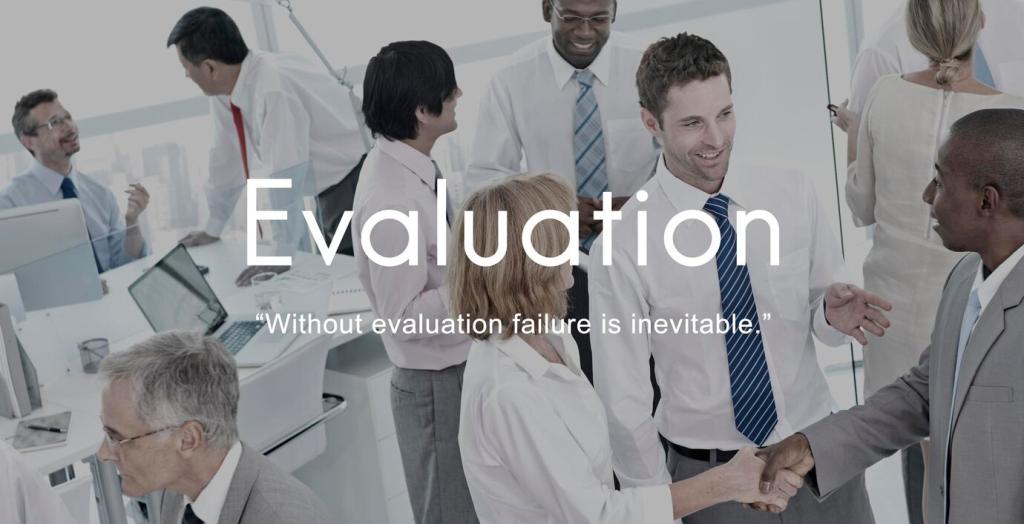
Executive Leadership Coaching Essentials: A Practical, Human Guide
Chosen theme: Executive Leadership Coaching Essentials. Step into a space where insight meets action. This page offers grounded principles, memorable stories, and usable tools to help senior leaders grow with clarity and courage. Subscribe for weekly playbooks and share your perspective so this community learns alongside you.
The Coaching Mindset: Curiosity, Courage, and Care
Curiosity That Sees Around Corners
Curiosity transforms complex leadership challenges into solvable puzzles. A VP once reframed a revenue shortfall by asking, “What’s the customer trying to do that we’re blocking?” That single question uncovered friction and unlocked a new tiered offer. Try it this week and tell us where curiosity led you.
Courage to Name the Real Issue
Executives don’t lack ideas; they lack candor around the real constraint. Courage is naming the elephant gently and early. One CEO realized meetings dragged because decisions were never explicit. We wrote, “Decision: yes/no/by whom?” on every agenda. What tough truth needs saying on your team? Share your script below.
Care That Builds Enduring Trust
Care is the quiet power behind sustained change. Psychological safety correlates with performance, as shown in studies like Google’s Project Aristotle. Coaches model care by honoring confidentiality, pacing change, and celebrating small wins. How do you signal care in high-stakes moments? Comment with one practice you’ll adopt this quarter.

Structuring the Engagement: Goals, Scope, and Stakeholders
01
From Ambition to Outcome: Defining Success
Turn broad ambitions into crisp outcomes using the formula: from X to Y by When. Pair it with OKR language to align coaching with strategy. Example: “Increase decisive delegation from 3/10 to 7/10 by Q3, measured via stakeholder check-ins.” Draft your one-line outcome now and drop it in the comments.
02
Stakeholder Mapping Without the Politics
Coaching unfolds in a social system. Map three stakeholder groups: manager, peers, and key cross-functional partners. Conduct brief, structured interviews focused on observed behavior and impact. Use feedforward requests instead of backward-looking critiques. Who would you invite into your development loop? Tag their roles and why they matter.
03
Contracting for Time, Boundaries, and Confidentiality
A strong coaching contract clarifies cadence, availability, escalation paths, and confidentiality limits. It prevents “emergency-only” coaching and supports reflective practice. Consider monthly deep dives plus brief check-ins. What boundary will protect your focus most—meeting-free blocks or decision-review windows? Share one boundary you’ll experiment with this month.
Diagnostics That Matter: Data into Development
360s and Interviews That Reveal Behavior, Not Just Opinions
Design 360s around behaviors linked to strategy. Ask, “What does this leader do when stakes rise?” and “What’s the smallest behavior change that would create outsized value?” Patterns emerge quickly. What question uncovers the most signal in your world? Post it and inspire another leader’s next step.
Using Assessments Wisely
Tools like Hogan, CliftonStrengths, or Work Personality Index can illuminate tendencies, but they are lenses—not verdicts. Triangulate results with real situations and stakeholder input. Then convert insights into concrete experiments. Which assessment helped you most and why? Share your takeaways so others choose tools thoughtfully.
Shadowing and Real-Time Micro-Coaching
Shadow key moments—staff meetings, board pre-reads, customer reviews—to gather context. Offer micro-coaching within hours while memories are fresh. One COO halved meeting time by shifting to “purpose, decision, owner” openers. Where could a 10-minute micro-session improve outcomes this week? Tell us, and we’ll send a mini checklist.
Development Plans That Stick: Systems and Habits
Focus beats frenzy. Select two or three keystone behaviors and practice them relentlessly. Research suggests habit formation often takes sustained repetition over weeks. One CFO practiced “ask before advise” daily and changed team dynamics in two months. Which single behavior will you start today? Declare it below.



Conversations That Change Trajectories
Powerful questions are short, specific, and present-focused. Try: “What decision are we avoiding?” or “What outcome makes this risk worthwhile?” Then wait in silence. A CTO used one question to unblock a six-week stalemate. What question will you test this week? Share it and report back next Friday.
Conversations That Change Trajectories
When tensions rise, leaders model regulation. Name emotions, slow the tempo, and revisit the decision frame. Simple tools—breath pacing, two-minute timeouts, or constraint reframes—reset the system. Which tactic helps you steady the room? Add your go-to move so others can learn and practice it too.

Measuring Impact and ROI
Collect leading indicators tied to practice: meeting decisions made, delegations completed, stakeholder confidence scores. Ask three stakeholders monthly for one-sentence observations. Patterns are powerful. Which behavioral indicator will you adopt first? Post it and commit to sharing your month-one results with the community.
Measuring Impact and ROI
Link coaching to objectives leaders own: retention of critical talent, sales cycle time, NPS on pivotal accounts, or time-to-decision. Be honest about attribution; show contribution with timelines and milestones. What business metric best reflects your growth? Declare it here and revisit it with us in 60 days.
Sustaining Momentum Beyond the Engagement
Run a two-hour quarterly retro: wins, stuck points, decisions deferred, and one bold bet. Archive insights in a living doc. Put the next retro on your calendar now. Will you adopt this ritual? Comment “Q-RETRO” and we’ll share prompts to streamline your first session.

Sustaining Momentum Beyond the Engagement
Learning accelerates with peers. Form a small leadership circle or choose a buddy for shared experiments and honest feedback. A trio of directors we coached doubled consistency through five-minute daily check-ins. Who’s your partner? Tag them here and set your first meeting date this week.
Join our mailing list
